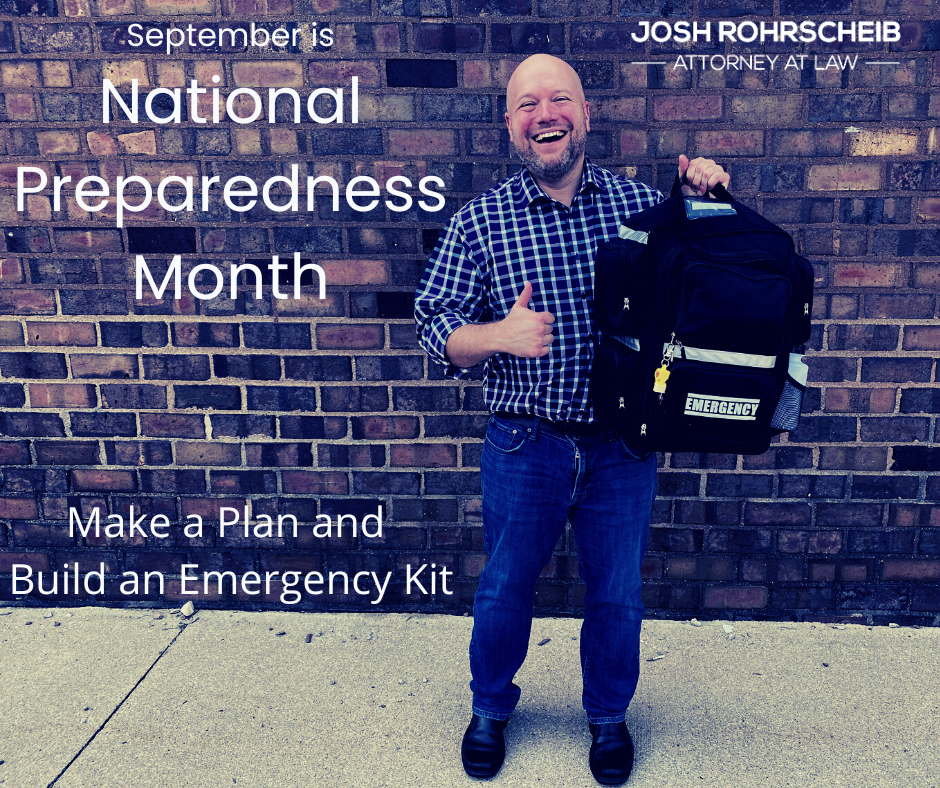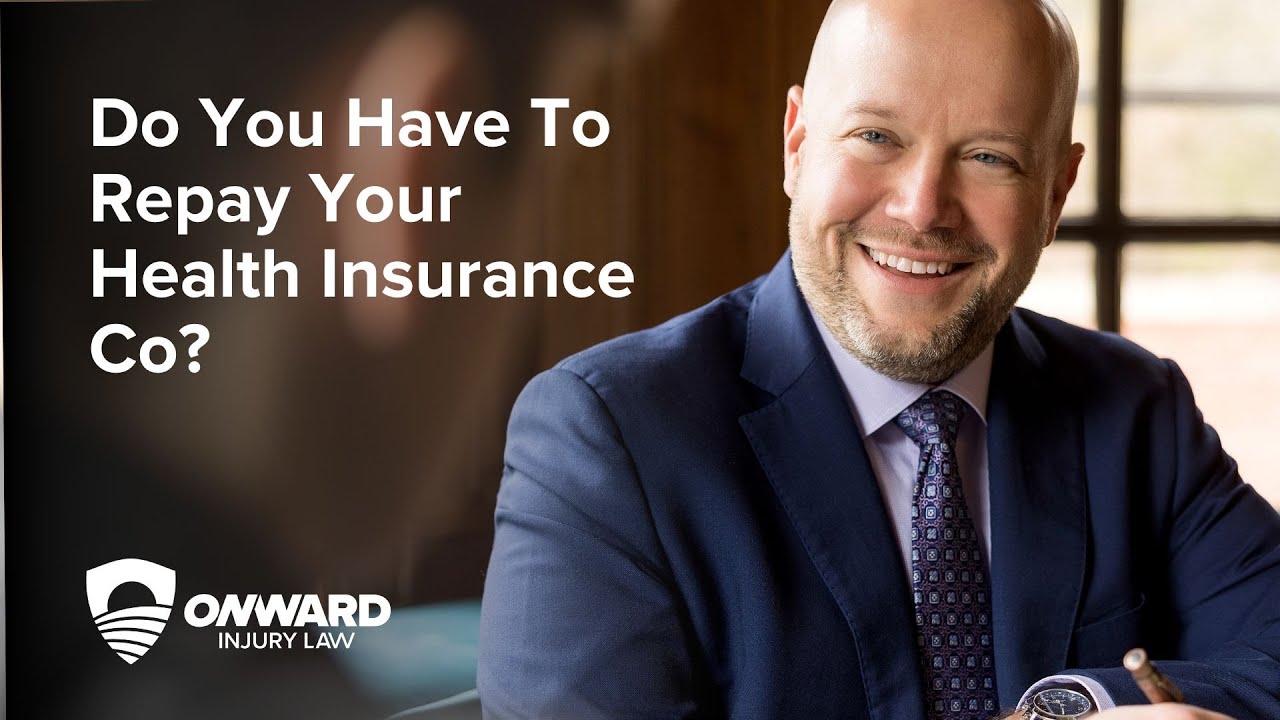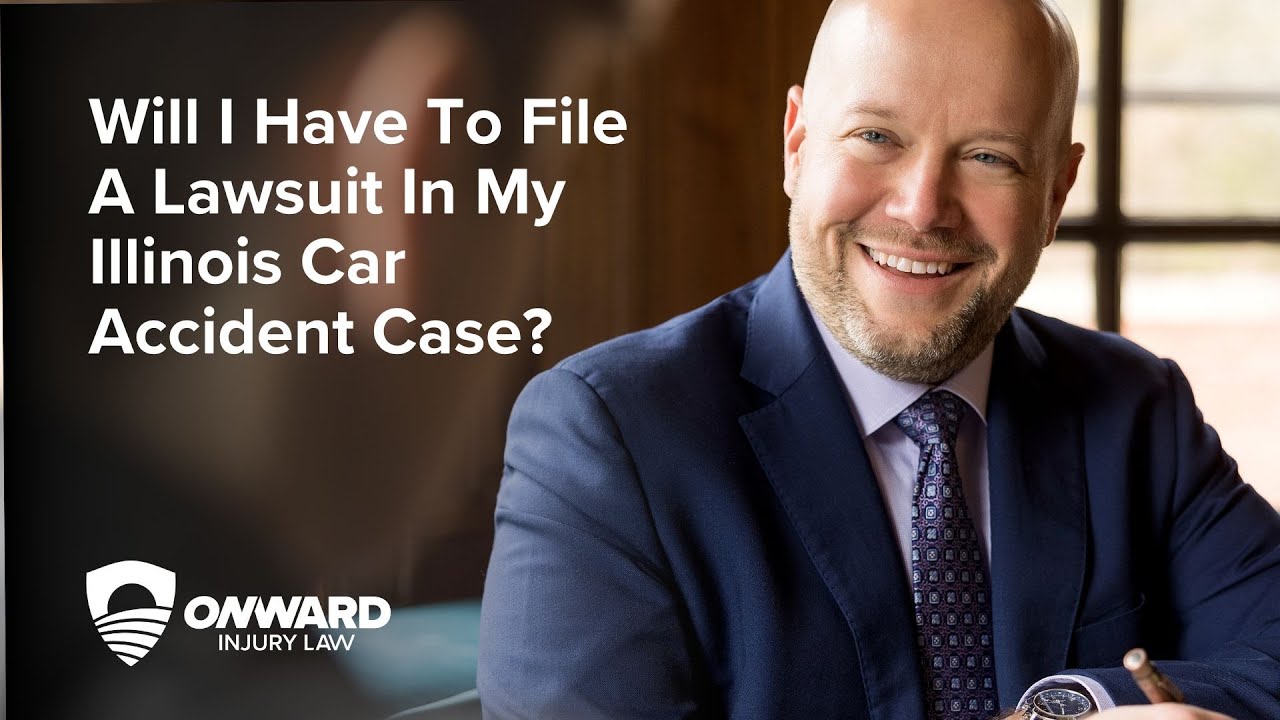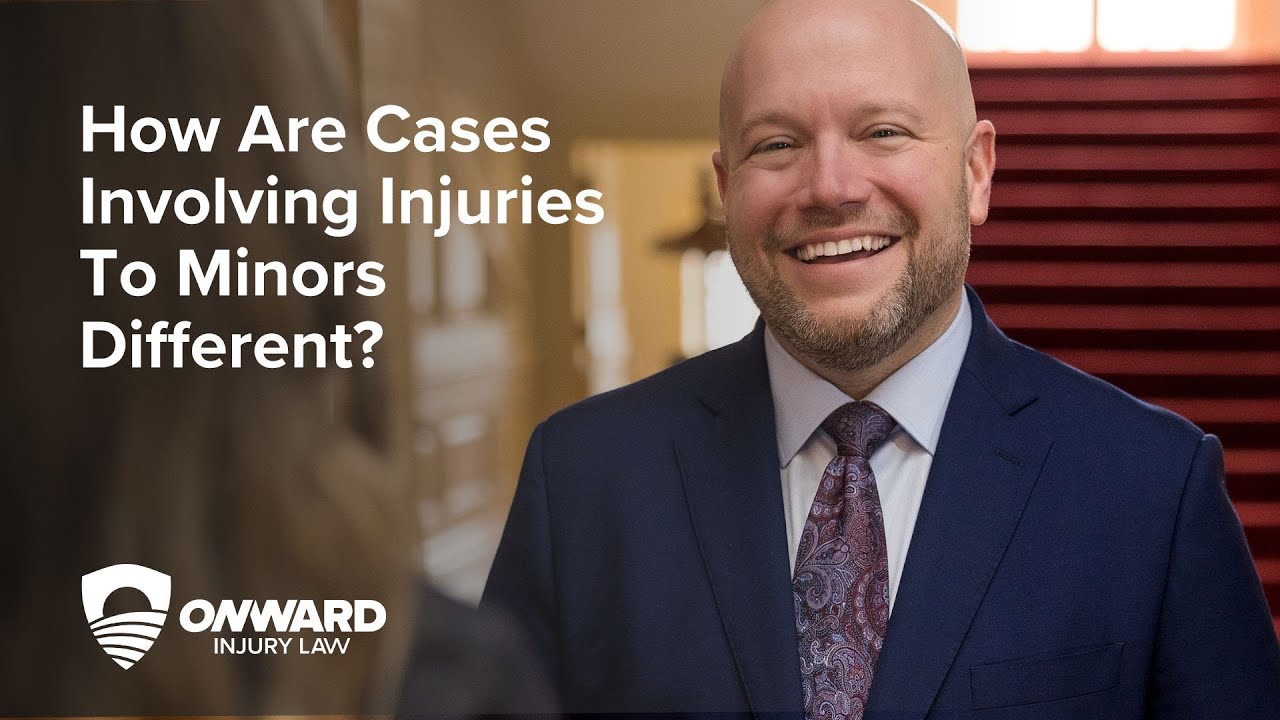September is National Preparedness Month

Developing a Plan for Emergencies at Home and on the Road
Since 2004, FEMA has observed National Preparedness Month every September. It’s a good time to raise our awareness about the importance of preparing for disasters and emergencies, whether natural or man-made, that could strike our families unpredictably at any time. Our collective experience with COVID and the disastrous flooding in Kentucky are recent reminders that we could all benefit from being prepared for anything that comes along. A good way to observe the month is for each of us to take steps to make sure our family is as prepared as possible for whatever comes. Here are some things to do, along with links to helpful sites, to get ready:
Make a plan.
- Consider which disasters are most likely to effect you in your particular area and circumstances – weather (like tornadoes or severe winter storms), flooding, fires, chemical plants or other industrial site exposures, train derailments, etc. Your planning should cover what’s most probable.
- Know how you’ll get emergency alerts and warnings (such as with a NOAA weather radio).
- When disaster strikes, everyone in the household may not be together in the same place. Plan how you’ll contact each other and reconnect if separated. Establish a meeting place that’s familiar, easy to find, and less likely to have been hit by the same event. It’s a good idea to make an ICE (In Case of Emergency) card that each person always carries, listing important emergency contacts and meeting places. FEMA provides a family emergency communication plan you can download and use as a guide to create your own.
- Plan where and how to shelter in place in your home for each kind of emergency. Also review with family members the best course of action if they’re somewhere else, like work or school.
- Each person should have a job for each kind of disaster, and know how to do it — for example, mom gets the baby, dad gets the fire extinguisher, and Johnny goes outside and calls 911.
- If evacuation is necessary, plan where to go and the best route to get there. Have a plan B and C for the locations and the routes.
Make an emergency kit.
- Being prepared isn’t just about staying safe during the storm or disaster, but also how to stay comfortable, fed, clean, and healthy afterwards, in any conditions you might have to deal with.
- There are lots of lists available online for the basic items put in your kit. Most suggest having at least a 3-day supply of essentials (water, nonperishable food, first aid, medicines, lighting and radio, warm clothing/blanket, toiletries, etc.) for each person. FEMA’s Emergency Supply checklist is available here.
- The Army provides an even better list for the military and their families, available here.
- Consider the specific needs of your household. Babies and seniors will have different needs. Prepare for those with medical issues and disabilities, or special dietary needs. Medical needs include prescriptions, glasses or contacts, and special equipment.
- Be sure to prepare for taking care of your pets.
- Make sure you know how to use everything in your kit. First-aid items that you don’t know how to use are useless. Training and skills are the best preparation.
- Periodically, and at least once a year, review and maintain your kit, replacing expired items as needed, changing and charging batteries, and rethinking your needs with changes in family and situation that might require updates.
- You don’t know where you’ll be when disaster strikes, so it’s good to have appropriate kits at home, at work, and in the car.
Practice your plan.
- At least once a year practice your plan with the family. That’s especially important as children grow and circumstances change.
- Update emergency contact information as changes occur.
Remember the corollary to Murphy’s Law: the problem you’re prepared for doesn’t occur.
Lets use National Preparedness Month to get ready for events that we all hope will never occur.



